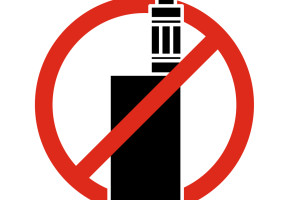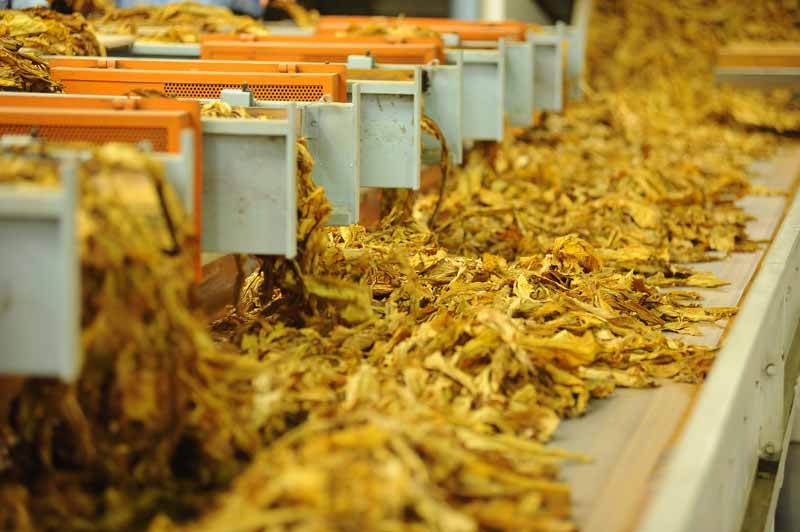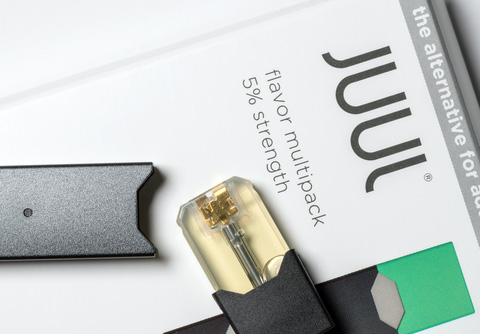The U.S. Food and Drug Administration (FDA) plans to “enforce existing law” rather than ban flavored cigarettes outright, the agency’s Acting Commissioner Ned Sharpless testified on Wednesday before the House Energy and Commerce Subcommittee on Oversight and Investigation.
Earlier this month, Head of the Health and Human Services Department Alex Azar said the Trump administration intends “to clear the market of flavored e-cigarettes.” Some interpreted that to mean the FDA would ban the flavors outright, but Sharpless made clear during the hearing that isn’t the case.
Manufacturers have until May 2020 to apply to the FDA for marketing applications. If companies don’t have an approved application by then, they will be required to pull their products from the market.
“Anyone who thought their product was good for public health can file an application at any time” even before the May deadline, said Sharpless. “If the product can demonstrate a public health use, then it would be authorized for sale.”
The FDA released a proposed rule this month outlining what manufacturers should put in their marketing applications.
Vaper companies have expressed concern about the resources required to prepare the applications.
Responding to lawmakers’ criticism that the FDA’s 2017 decision to delay the review of vapor products contributed to the current spike in teen e-cigarette use, Sharpless said that the agency should have acted sooner.
The recently announced accelerated investigation should help the agency “catch up,” he added.











